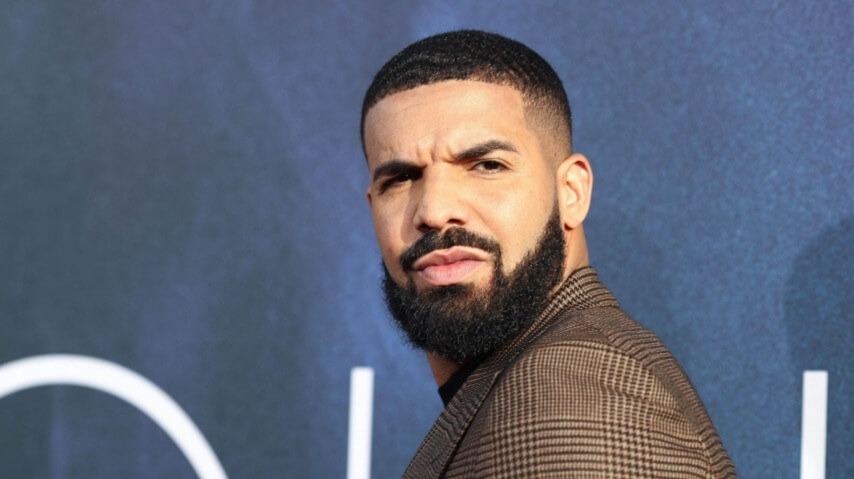“Drake’s new allegations are astonishing,” UMG’s new motion to dismiss reads (via Rolling Stone). “The focus of Drake’s new claims—that ‘the largest audience for a Super Bowl halftime show ever’ did not hear Lamar call Drake or his crew pedophiles—betrays this case for what it is: Drake’s attack on the commercial and creative success of the rap artist who defeated him, rather than the content of Lamar’s lyrics.” The filing argues, “Drake contends that the decision not to include the word ‘pedophiles’ (as used in the phrase ‘certified pedophiles’) in Lamar’s Super Bowl performance could only reflect that the language is defamatory, but this ignores any number of other explanations for the decision—such as threats by Drake of additional meritless litigation. These allegations, directly aimed at chilling legitimate artistic expression safeguarded by the First Amendment and New York law … are meritless.”
But UMG didn’t stop there. In an even more savage follow-up statement to Rolling Stone, a spokesperson said, “Nowhere in the hundred-plus page ‘legal’ blather written by Drake’s lawyers do they bother to acknowledge that Drake himself has written and performed massively successful songs containing equally provocative taunts against other artists. Nor do they mention that it was Drake who started this particular exchange. Apparently, Drake’s lawyers believe that when Drake willingly participates in a performative rap battle of music and poetry, he can be ‘defamed’ even though he engages in the exact same form of creative expression.”
This point is one of the most puzzling things about this federal lawsuit; In 2024, the two artists went back and forth with dueling tracks for a total of nine songs that encompassed their “battle.” In one, the Degrassi alum even alleged that Lamar physically abused his wife. Only after he lost the battle in the eyes of the public and “Not Like Us” became a viral sensation did he bring the feud into the legal realm. But he’s focused his defamation claims on UMG, not Lamar, claiming that his own label used underhanded tactics to boost “Not Like Us” and therefore devalue his brand, allowing the company to “gain leverage to force Drake to sign a new deal on terms more favorable to UMG.”
The UMG spokesperson reiterated that the “Hotline Bling” singer’s team can “keep seeking to ‘uncover’ evidence of wild conspiracies as to why one song that upset Drake had massive global appeal, but there is nothing to ‘uncover.'” The only evidence in its success is that it’s a good song and UMG does good work for its clients, in its own opinion. “Our continuing partnership with Drake and his enduring success is a shining example,” the spokesperson added. “Despite his lawyers’ attempts to silence other artists and threaten the companies that work with them, we remain committed to propelling Drake’s career while maintaining our unwavering support of all our artists’ creative expression. Drake’s included.”

 Keep scrolling for more great stories.
Keep scrolling for more great stories.
